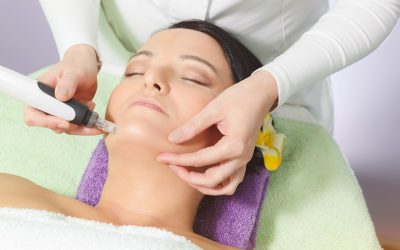Several factors are important in the early stage of recovery from excessive alcohol use. One is to understand the situations, time cues and locations that are triggers for drinking. During counseling sessions and discussions with peers at inpatient treatment centers in Minneapolis, clients learn strategies to help them stay sober upon returning home.
Some triggers can be avoided. For instance, the person realizes that going to a bar with colleagues after work is inadvisable because trying to stick with soft drinks is never successful.
Others, however, are inevitable. A man or woman who drinks every night around the same time may really enjoy this habit. That might be tough to break since nighttime generally can’t be avoided.
While staying at inpatient treatment centers in Minneapolis, clients learn techniques to deal with this difficult problem. They’ll practice doing other activities at this time of day that are fun and rewarding. Filling the time with something other than alcohol is crucial.
Depending on the person’s circumstances, it may be possible to make a lifestyle change that essentially eliminates the time frame associated with drinking. For example, it might be possible to switch to a third-shift job. That could be advantageous if this individual knows from experience that morning drinking would never happen. Another possibility would be accepting a work schedule that starts much earlier than usual in the morning. That forces the person to go to sleep before the routine drinking time.
During inpatient treatment, clients whose triggers are time cues, learn effective methods to stay sober. Contact “Company Name” for more information on one particular center.


